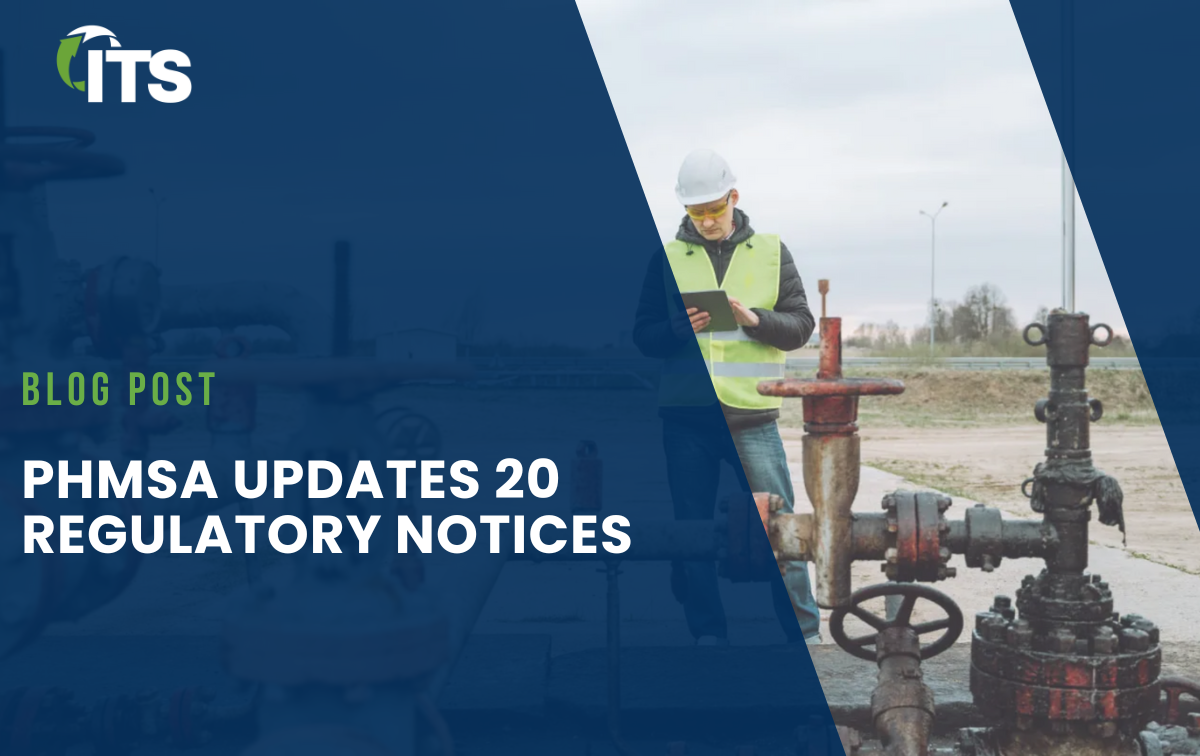The American Society of Mechanical Engineers (ASME) has released the 2025 edition of ASME B31Q, a standard for pipeline safety and integrity as well as for operator qualification. This revision has a series of notable updates that will impact many OQ programs, including changes to span of control, language clarification, and firm standards for requalification.
As you consider how these changes impact your OQ program, here are some highlights to keep in mind:
Program Changes in B31Q
The OQ program changes in B31Q include the following:
- New Task 0637: Vacuum Box Inspection of Tank Welds (NDT). This addition reflects industry evolution and the need for formal qualification in leak testing.
- Program Update Requirements were expanded. In the non-mandatory appendices, operators are asked to incorporate internal and external data when updating their OQ programs. This explicitly includes reevaluating spans of control, evaluation methods, intervals, etc., during periodic reviews
- Minor revisions to the following tasks:
- Task 1131 – Perform Stopping of Pipe
- Task 1311 – Inspect Pipeline Surface Conditions by Patrolling Right-of-Way or Easement
- Task 1511 – Diving: Perform Underwater Flange Assembly and Disassembly
- Task 1521 – Diving: Install Pipe-End Connector
- Task 1531 – Diving: Install Mechanical Clamps/Sleeves
- Task 1541 – Diving: Perform an Underwater Mechanical Tap
- Task 1551 – Diving: Perform Stopping of Pipe
New Requirements for Span of Control
There are now more detailed responsibilities for the qualified person overseeing nonqualified individuals, including six explicit criteria for supervision.
The 2021 version of B31Q stated that the observer must be physically present for the task and take immediate action to prevent or mitigate an AOC.
The 2025 revision expands on that and clarifies more explicitly that the observer for Span of Control must:
- Be qualified through evaluation on all aspects of the covered tasks
- Direct and observe the entire performance of the tasks by nonqualified individuals
- Intervene with immediate corrective action as necessary throughout task performance
- Stop the performance of the task if any unsafe condition should arise
- Instruct the nonqualified individuals to stop work if the qualified individual is unable to meet any of the above criteria.
The B31Q update also provides Span of Control clarification for the following:
- When to reduce span of control ratios based on situational risks (e.g., weather, noise, distance).
- Job “helpers” (e.g., tool carriers) don’t count toward span-of-control.
Clarified Definitions
Common words used in regulations and standards are now clarified to match the intent and enforcement of requirements.
- may (“denotes permission”)
- pipe (“tubular component of a pipeline”)
- shall (“denotes a requirement”)
- should (“denotes a recommendation”)
In particular, a number of recommendations changed the word “may” to “should” or “shall” in order to indicate guidance that is either recommended or mandatory.
Clarity on Requalification
Requalification intervals are now capped at 5 years, with B31Q requiring renewal within 63 months. This change aims to bring clarity to the industry and streamline the use of standard intervals.
Learn More about B31Q’s Updates
The next Regulation Navigation hosted by ITS will address these changes and many others through an informative discussion with Amy Livingston of Kinder Morgan and a current B31Q committee member. We’ll also provide an overview of the latest industry news and trends.
Regulation Navigation is a free webinar provided over Zoom and takes place on June 11th, 2025 at 10 am Central Time.



